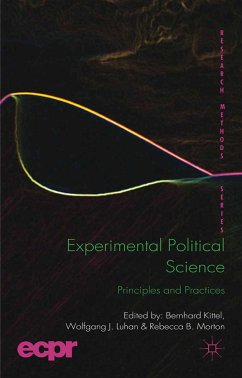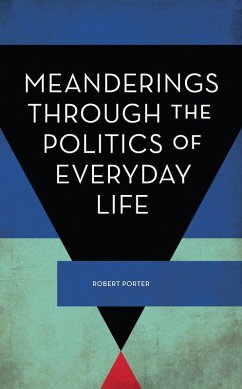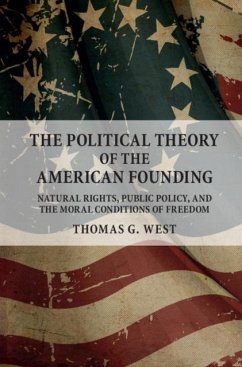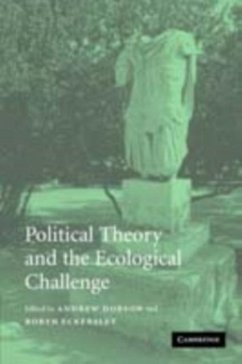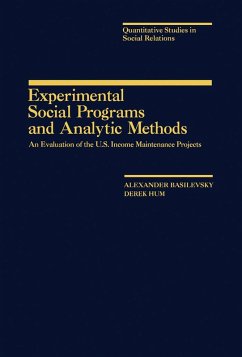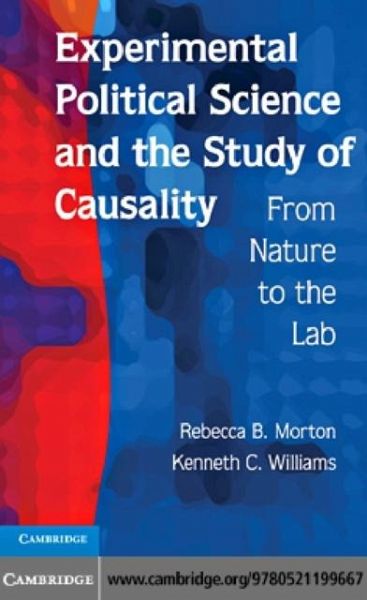
Experimental Political Science and the Study of Causality (eBook, PDF)
From Nature to the Lab
Versandkostenfrei!
Sofort per Download lieferbar
32,95 €
inkl. MwSt.
Weitere Ausgaben:

PAYBACK Punkte
16 °P sammeln!
Increasingly, political scientists use the term 'experiment' or 'experimental' to describe their empirical research. One of the primary reasons for doing so is the advantage of experiments in establishing causal inferences. In this book, Rebecca B. Morton and Kenneth C. Williams discuss in detail how experiments and experimental reasoning with observational data can help researchers determine causality. They explore how control and random assignment mechanisms work, examining both the Rubin causal model and the formal theory approaches to causality. They also cover general topics in experiment...
Increasingly, political scientists use the term 'experiment' or 'experimental' to describe their empirical research. One of the primary reasons for doing so is the advantage of experiments in establishing causal inferences. In this book, Rebecca B. Morton and Kenneth C. Williams discuss in detail how experiments and experimental reasoning with observational data can help researchers determine causality. They explore how control and random assignment mechanisms work, examining both the Rubin causal model and the formal theory approaches to causality. They also cover general topics in experimentation such as the history of experimentation in political science; internal and external validity of experimental research; types of experiments - field, laboratory, virtual, and survey - and how to choose, recruit, and motivate subjects in experiments. They investigate ethical issues in experimentation, the process of securing approval from institutional review boards for human subject research, and the use of deception in experimentation.
Dieser Download kann aus rechtlichen Gründen nur mit Rechnungsadresse in A, B, BG, CY, CZ, D, DK, EW, E, FIN, F, GR, HR, H, IRL, I, LT, L, LR, M, NL, PL, P, R, S, SLO, SK ausgeliefert werden.





